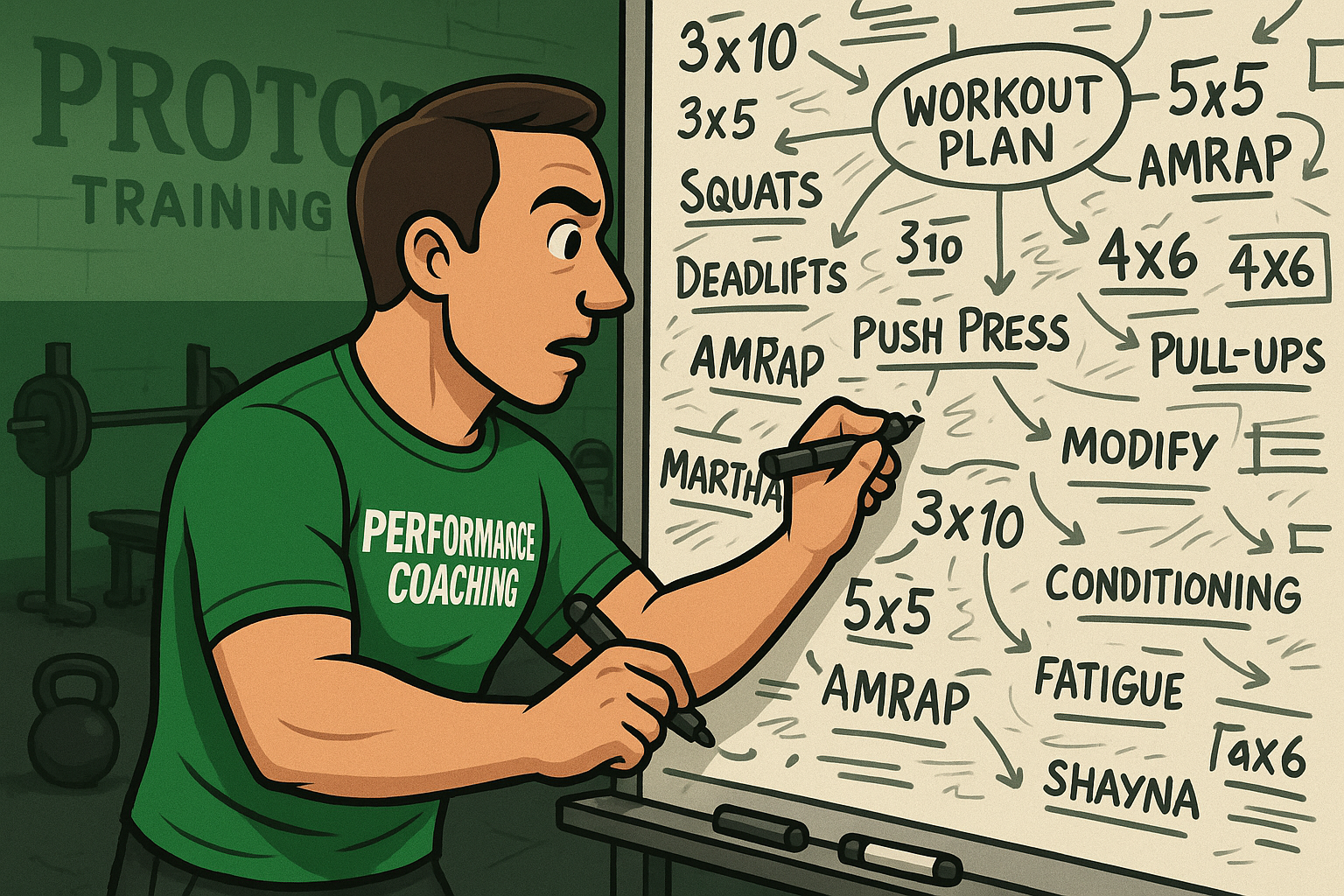What’s the best plan for me? 75 Hard Nutrition Guidelines

If you’re thinking about doing the Prototype 75 hard Challenge & are wondering what you could see yourself doing for your nutrition plan I put 5 examples of diet that might work well for you depending on what you enjoy eating.
- Mediterranean diet
- Paleo Diet
- No processed food
- No added sugar
- Flexible dieting (track your macros)
All of these diets are aimed to help you eat MORE quality food and can help you control your intake. The Mediterranean diet & Paleo diet are similar but differ in a few ways. Both diets are about eating real food. The paleo diet is based on eating the way our ancient ancestors ate & is sometimes referred to as the caveman diet. The Mediterranean diet allows certain foods the paleo diet doesn’t allow which more recent research has shown to be beneficial for our health which allows legumes, whole grains, and some wine. Paleo is a lower carb diet naturally because cavemen didn’t have as much access to so choose whichever approach you feel is easier for you to follow.
Mediterranean diet food list
- Fruits
- Vegetables
- Potatoes
- Whole-grains
- Beans
- Nuts & seeds
- extra virgin olive oil
- The diet also includes moderate amounts of lean poultry, fish, seafood, dairy and eggs.
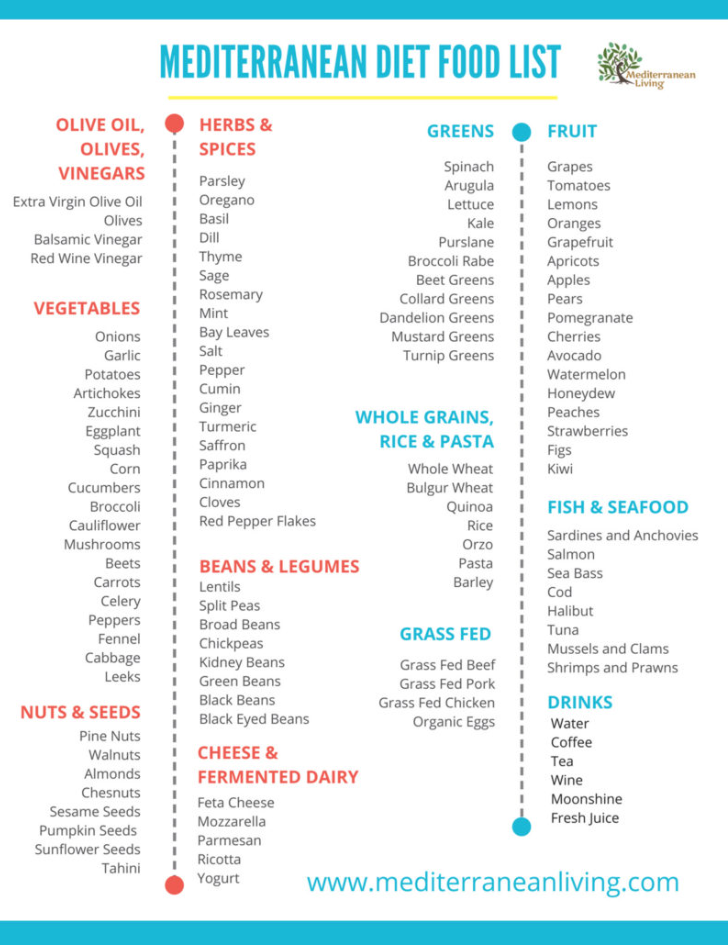
Paleo Diet food list
- Lean meats
- Fish
- Fruits
- Vegetables
- Nuts and seeds
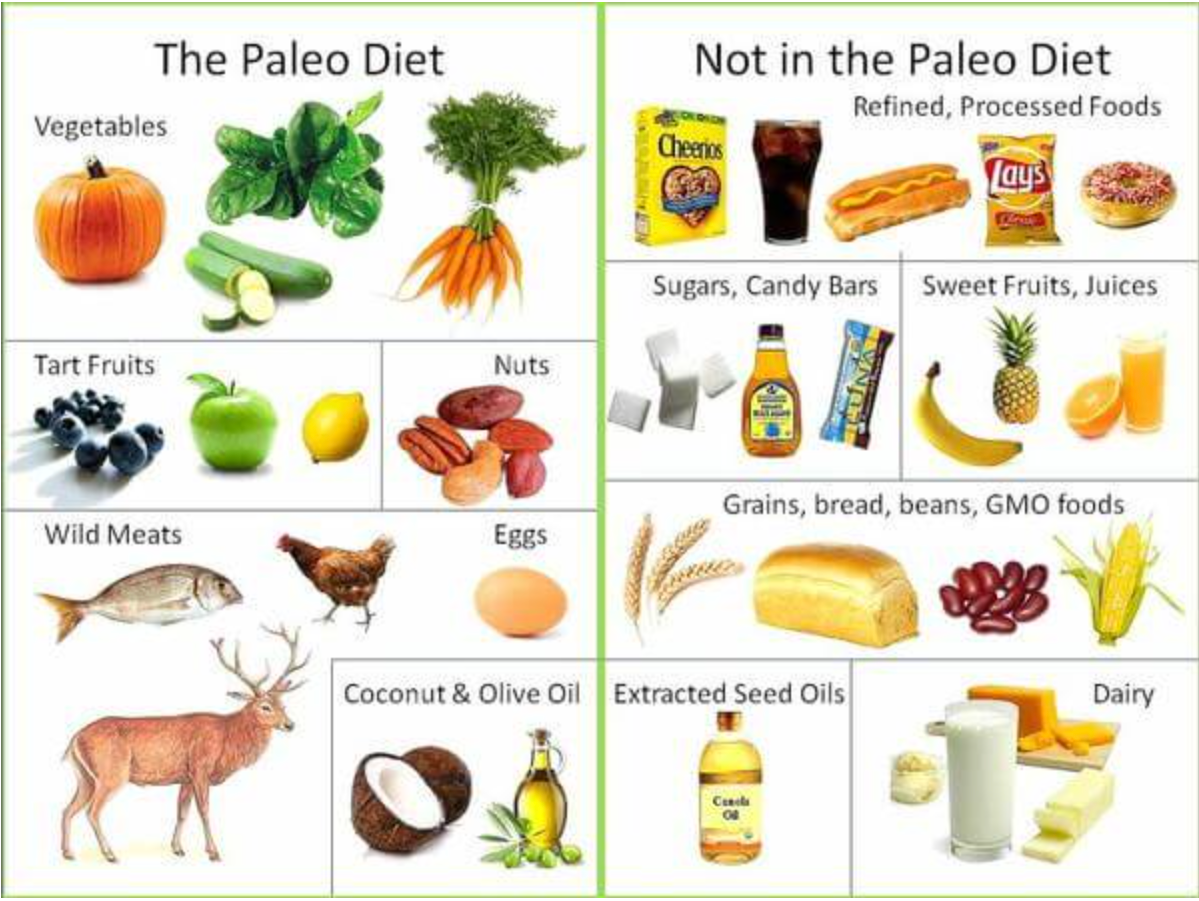
Now comparing No processed foods & No added sugar these are both similar but also differ a bit. Technically, you could have certain processed food that don’t contain sugar so it’s a little looser. No processed foods is also subjective meaning that might include corn it might not? A good rule of thumb is if it has a list of ingredients it is processed in some way. The main takeaway from these diets is to challenge yourself to eat more food that will fill you up and provide you with good nutrition.
No Added sugar
- Just look at any label and see if there is any added sugar
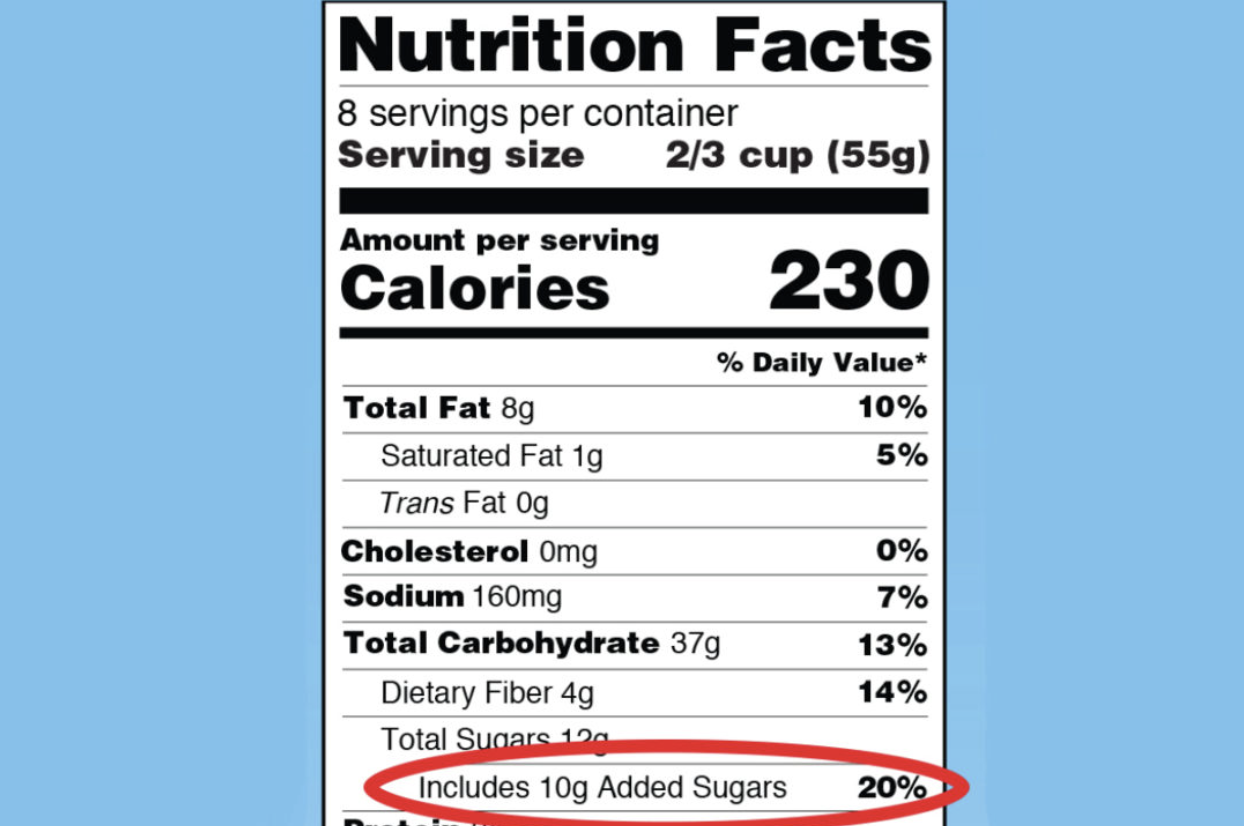
Flexible Dieting (track your macros)
Flexible dieting is tracking your food. This approach allows all foods to fit in the diet and is supposed to be a way to help you know exactly how much you’re consuming to control your calories for weight loss, weight maintenance or even weight gain. This approach would work for someone who has the discipline to weigh out their food to know the exact portion they are having & might be a way to learn how to balance having good quality food as well as having treats in moderation.
- Use myfitnesspal
- Track your nutrition (all foods allowed)
- Stick to your plan
*If you need help with this reach out to Jon
Summary:
For some it might be easier to have rules of foods that are allowed on the plan and that are not while for others it would be tracking all their food which can allow for some flexibility when being social. All diets are aimed to help you eat better. Since this is a challenge, you’re trying to minimize going off plan but at the end of the challenge the hope is you have developed some routines and habits that help you going forward.
The post What’s the best plan for me? 75 Hard Nutrition Guidelines appeared first on Prototype Training Systems.
Previous Blogs
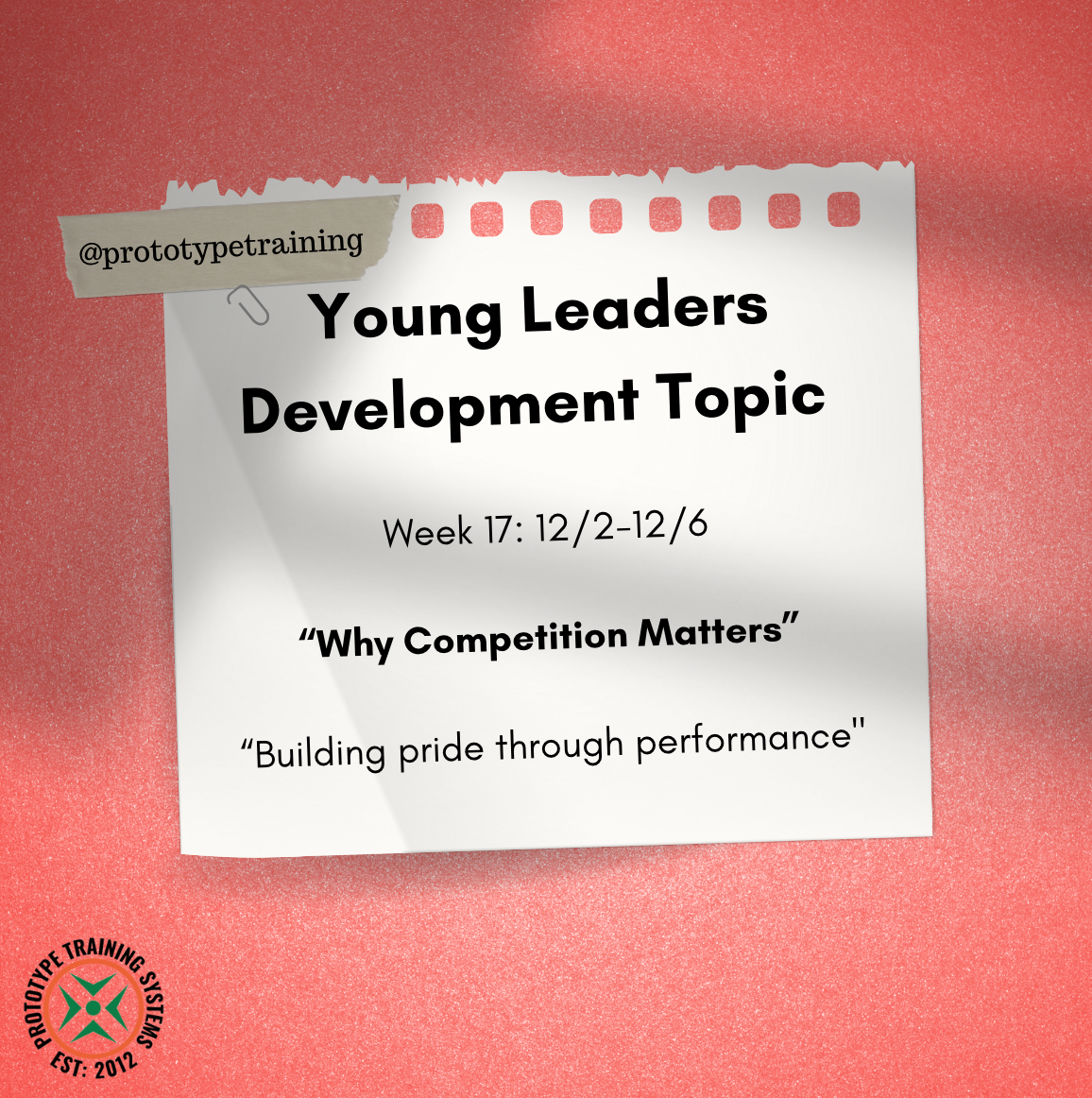
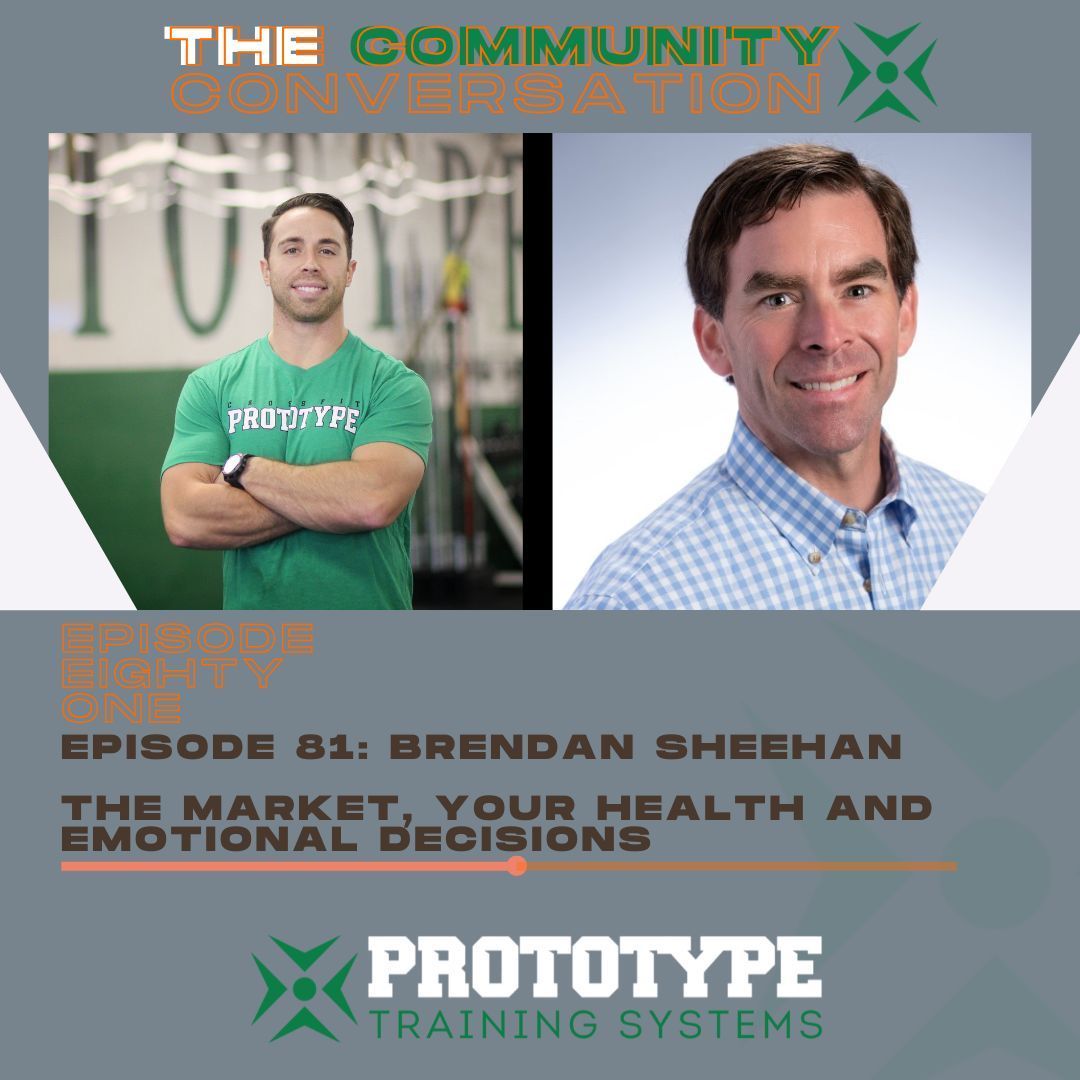
Climb to New Heights
Prototype Training Systems is more than a gym - it is a lifestyle. Join us today!

